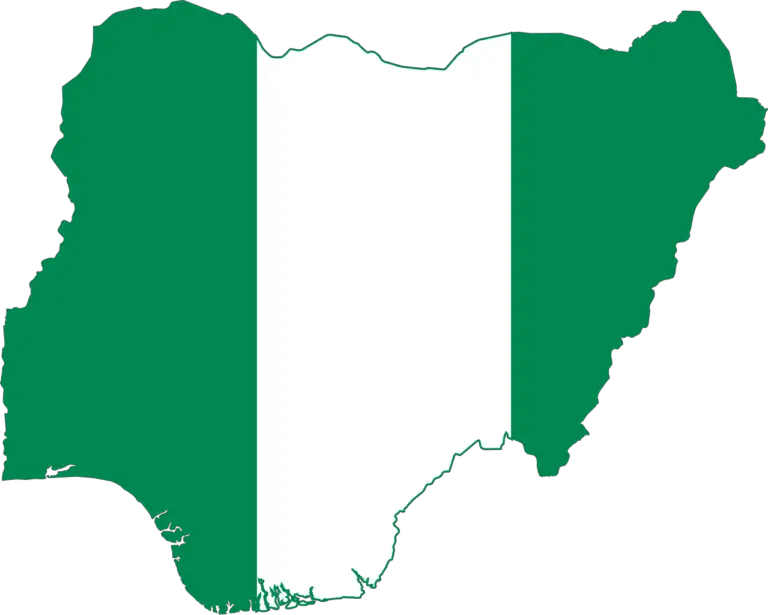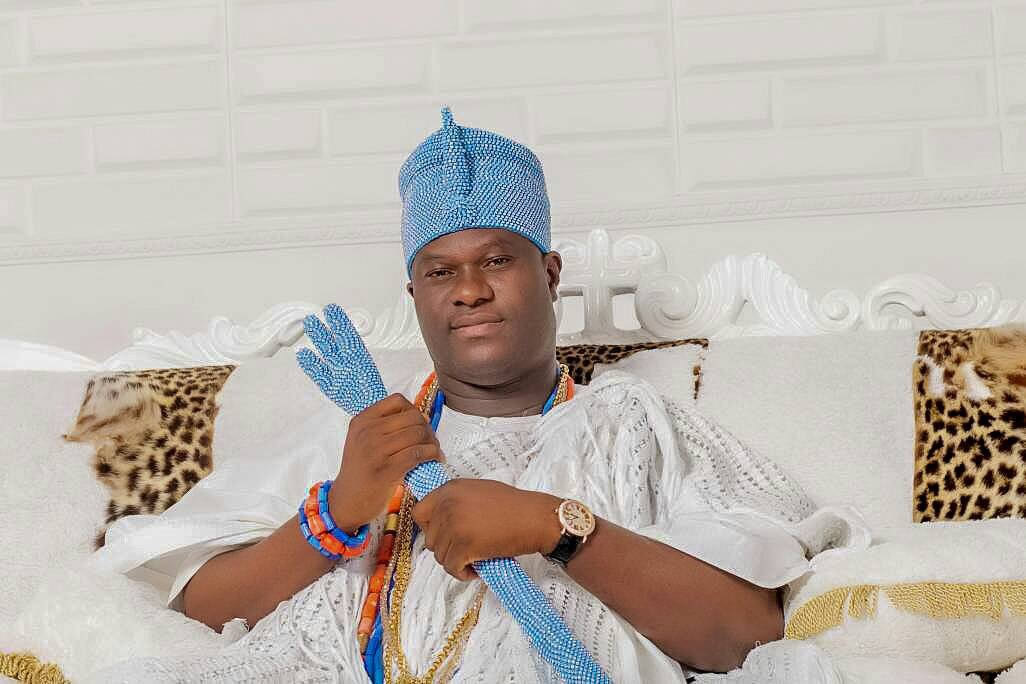By Ephraim Sheyin
Women are politically very active in Nigeria and make up about 60 per cent of the crowd during campaigns and elections, according to available statistics.
One would thus expect that with this level of participation, the number of women holding political positions, especially elective positions, should be significantly high.
Surprisingly, however, this is far from being so in Nigeria.
A survey carried out by the News Agency of Nigeria (NAN), showed that traditional and cultural values, illiteracy, religion and poor economic standing have continued to hurt women’s chances of winning elections in the country.
Other factors included Nigeria’s rugged political terrain and the fact that women hardly vote for their kind.
According to Chief Akpodiogaga Emeyese, former member of the House of Representatives who represented Ethiope Federal Constituency of Delta, traditional and cultural values of Africa and Nigeria in particular, do not really favour the growth or advancement of women in politics.
“As Nigerians, we have the belief, whether rightly or wrongly, that the place of the woman is in the kitchen.
“Nothing underscores this belief more than the much-publicised statement of former President Muhammed Buhari who said that ‘the place of the woman is in the other room.
“This is the view or belief of the average Nigerian man. It is thus very difficult for an average Nigerian man to allow his wife to attend political meetings let alone present herself for any elective position to be voted for.”
Emeyese said that as a result, a very negligible number of women end up participating in active politics and eventually contesting elections.
He also said that the high level of illiteracy in Nigeria is another factor.
“We have a population of more than 200 million people, but Nigeria cannot boast of 80 million educated people.
“This affects the women folk negatively because they are more in number. In such a situation, the illiterate Nigerians, especially the women, neither know their rights nor are they able to champion or fight for them.
“The few educated or privileged women are most times too busy working hard to either grow in their chosen careers (which is mostly outside politics), or too busy protecting their marriages to spearhead the political emancipation of the women folk,” he said.
He also said that the nature and circumstances surrounding political events and meetings also discourage women from participating in active and elective politics.
“There’s no way as at today that you would want to be an active and successful politician without attending late night meetings or meetings that could commence at very good time and drag on till very late into the night.
“In such a situation, how can the women cope? How and when would they be able to carry out their domestic duties at home?
“How many men can tolerate this nocturnal meetings of their wives every now and then?”
Emeyese said that another factor was the perceived immorality and/or sexual harassment associated with women in active politics.
“Whether we accept it or not, men believe that a woman in active politics is prepared to do anything, and I mean anything, even if it means soliciting, offering, acquiescing, conniving or succumbing to sexual demands or harassment from the men folk, to grow politically through elective or political appointments.
“The veracity of this belief cannot be ascertained, but it does not diminish its existence.
“Thus, the men folk are usually not comfortable to either allow or encourage their wives to play or participate in active politics.
“Again, in Nigeria, women and by this I mean married women, are under the control of the men. This control is not only in the home or domestic issues, but could be seen even in politics.
“It’s like a taboo or an aberration for a married woman to belong to a political party different from that of the husband, not to talk of casting her vote for a political candidate different from that of the husband.
“In fact, in some cases, some men could divorce their wives for that singular action and may even disown the children born to him by such woman. In some communities in Nigeria, it is that bad,” he fumed.
In Nassawa States, respondents said that if cultural, religion and inferiority complex among other barriers were removed, most women would contest and win more positions in the country.
They also said that most women lack the financial strength to win elections in Nigeria due to its expensive nature.
Mrs Mary Enwongulu, former Minority Leader in the Nasarawa State House of Assembly, identified suppression and lack of finances as militating against the successes of women during elections.
According to her, It is true that there are some impediments that are usually pulling women back during elections.
She listed the impediments to include suppression of women by some people and insufficient money.
“For example, each time that I contested for any elective position, I am suppressed. I have seen it several times. If not because I have a strong heart, I would have withdrawn from politics long ago,” she said.
Enwongulu, who contested for Senate, Nasarawa North Senatorial District in 2019 but lost out during the primary election, encouraged women not to lose hope in politics.
“I want to use this medium to advise women to participate actively in politics to enable us contribute positively to the development of the country,” she said.
Similarly, Mrs Kasuwa Alaku, a Chieftain of the All Progressives Congress ( APC), and Dr Dominic Bako, Director General, Nasarawa State Bureau for Public Procurement (BPP), both identified cultural, religion and envy among women as some of the reasons militating against their successes during elections in the country.
They noted that in some parts of Nigeria, women are not allowed to participate in politics because of religious and cultural factors.
According to the duo, some people refused to vote women because they are looking at them as inferior to their men counterparts.
They also identified funding, weak financial muscle, envy among the women folks as factors affecting women during elections.
“The African cultural and religious beliefs as well as women’s weak financial muscles, inferiority complex and poor educational awareness are some of the major factors militating against their successes at the polls.”
Mr Matthew Kuju, a media practitioner, said that women at times don’t trust themselves, adding that such factor makes its difficult for them to win election in the country.
“Women at times do not trust their women folks, and this lack of trust among women makes it difficult for them to vote for themselves,” he said.
In Kogi, Dr Ibrahim Mohammed-Nasir, a Political Scientist in the Department of Political Science, Prince Abubakar Audu University, Anyigba, identified discrimination, among other factors, as militating against women’s electoral victories.
According to him, the men do openly discriminate against the women folk simply because they are considered weak and non-competitors to power grabbing.
“This is why you hardly see godfathers sponsoring women into politics as they do to the male folk when it comes to elections in to political offices,” he said.
Mohammed-Nasir, however, advocated for change of attitude toward women who, he said, deserve more support and opportunities to show case their God-given wisdom, leadership qualities and prowess in leadership.
On her part, Mrs Eunice Abimbola-Agbogun, the Executive Director, Challenge Parenthood Initiative (CPI), said parochial beliefs, economical disadvantage, violence and lack of education had long deprived women from operating at the same level with their male counterparts in politics.
“We must look at the very long standing culture that had always stood in the way of women in politics which has been very difficult to break.
“This patriachal system has made us to always believe it is a man’s world thereby relegating women to the background not to be heard or seen other than their domestic value.
“This belief had, over the years, placed men at the advantage and economic positions over the women with more money for them to spend, thereby using that power against women,” she said.
According to her, politics has to do with money as one must be sound economically to engage in it which has negatively affected most women politicians and stopped them from winning elections.
She said that the belief that men should be trained in school and not women, had also given men educational advantage over the women over the years.
“Unfortunately, over the years, all these had stood against the women. It would take sometimes to actually bring women to that same level where men are right now.
“All the same, people are more enlightened and exposed that such narrative is wrong, and things are gradually improving because we now have women winning elections and doing well as leaders in their various chosen careers.
“Violence is also one of the major impediments hindering women from engaging in politics because, naturally, women cannot thrive where there is violence.
“There is need for more public sensitisation, enlightenment or voter education, which should be done at all the strata and among all stakeholders especially in the rural communities,” she said.
Similarly, Mrs Afiniki Dauda, lawmaker representing Gurara constituency in the Niger State House of Assembly, also attributed the inability of women to win elective positions to financial constraints, envy and jealousy.
She, however, said that there was need for women to re-strategies, sit down and educate themselves on the need to support one another.
Similarly, Mrs Funke Kumuyi, a chieftain of All Progressives Congress (APC) in Ondo, said that many women are unable to win elective positions because their gender does not support female aspirants.
According to her, majority of women also see themselves as weaker vessels incapable of taking political positions
She said that women constitute the majority in politics, “but majority of them also fall for the lies and political gimmicks of men who promise women appointments to good positions, but later abandon them after they had used them to rise to political office.
Mrs Yemisi Ayokunle, a female lawmaker in the Ekiti House of Assembly, said that though the situation was better in the state, women do not participate actively in elections in many other parts of the country.
Ayokunle said that this was basically due to lack of strong support, as well as lack of required financial base.
“Unlike the men, many women cannot boast of the kind of financial resources required to contest as party candidates and subsequently win elections like their male counterparts.
Meanwhile Mrs Mary Adedunke, a legal practitioner, in her opinion, believes that few women had made significant contributions to the political life of Nigeria.
In the same vein, Dr Bello Bolatito, a lecturer in the Federal University Oye-Ekiti, identified factors such as crippling family obligations and cultural expectations.
He also said that religious injunctions that stipulate what women can, or cannot do, educational limitations, such as high levels of illiteracy among girls in certain parts of the country, lack of early exposure to politics, as well as other environmental factors among several others, also contributes to why women fail in politics.
Prof. James Ayodele of the Department of Sociology Faculty of Social Sciences, Obafemi Awolowo University, Ile-Ife, said that women lose elections due to the popular believe that their responsibilities were within the homes.
Ayodele also said that a large number of women hardly show interest in contesting for elections.
“If women are not coming out to contest in their large numbers, they should not expect to win.”
(NAN)




